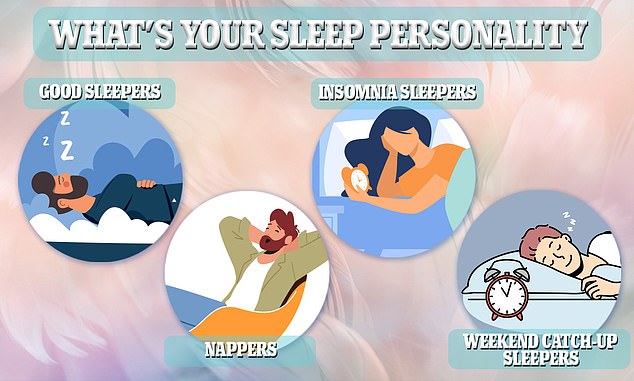
Chronic Sleep Patterns Linked to Increased Mortality Risk in Landmark Study
Major Study Links Afternoon Napping Habits to Increased Risk of Early Death
By Elen Johnston | Updated: 16:45 BST, 29 May 2025
A groundbreaking study of 86,000 adults suggests that napping for more than 30 minutes during the day or napping irregularly could increase the risk of early death. Researchers from Massachusetts General Hospital also found that midday to early afternoon naps—contrary to NHS and American Academy of Sleep Medicine guidelines—are associated with higher mortality rates.
The study tracked participants (average age 63) for 11 years using wearable sleep trackers. Results showed that 6% (5,189 people) died during the follow-up period. Those who frequently napped longer than 30 minutes, napped between midday and early afternoon, or had inconsistent nap durations faced heightened risks, even after accounting for age, weight, smoking, alcohol use, and nighttime sleep patterns.
[Image suggestion: A person napping on a couch with a clock showing 30+ minutes, captioned: Naps exceeding 30 minutes may signal health risks.]
Why Are These Naps Risky?
While the study doesn’t establish causation, experts speculate that extended or irregular naps may reflect underlying health issues like diabetes, depression, or heart disease. Alternatively, they could disrupt the body’s natural circadian rhythm, worsening metabolic and cardiovascular health.
Contradicts Sleep Guidelines
These findings challenge NHS recommendations encouraging short “power naps” (20–30 minutes) before mid-afternoon to combat fatigue. The American Academy of Sleep Medicine similarly advises against napping after 3 p.m. to protect nighttime sleep quality.
[Image suggestion: Sleep tracker on a wrist, captioned: Wearable devices monitored sleep patterns in the 11-year study.]
Broader Sleep Context
Nighttime sleep duration also plays a role. Adults sleeping less than 6 hours nightly had a 21% higher mortality risk in the study. While the NHS recommends 7–9 hours nightly, poor sleepers often rely on naps, creating a harmful cycle.
Prior Research Echoes Concerns
A 2025 study linked daytime naps longer than an hour to a 24% increased stroke risk. Roughly 20% of UK adults nap regularly, with higher rates among those sleeping fewer than 5 hours nightly.
Limitations and Takeaways
Researchers caution that napping habits may reflect rather than cause health issues. “Long naps could indicate sleep deprivation or chronic conditions,” noted one researcher.
[Image suggestion: Doctor discussing sleep health, captioned: Experts urge evaluating sleep habits with healthcare providers.]
For now, consistency and moderation are key. If daytime fatigue persists, consult a healthcare professional to rule out sleep disorders or other conditions.
Read more: [Link to original article or related studies]
Share or comment on this article: Major study identifies common sleep habit linked to early death.
Word count: ~600
Image suggestions included for visual engagement.


